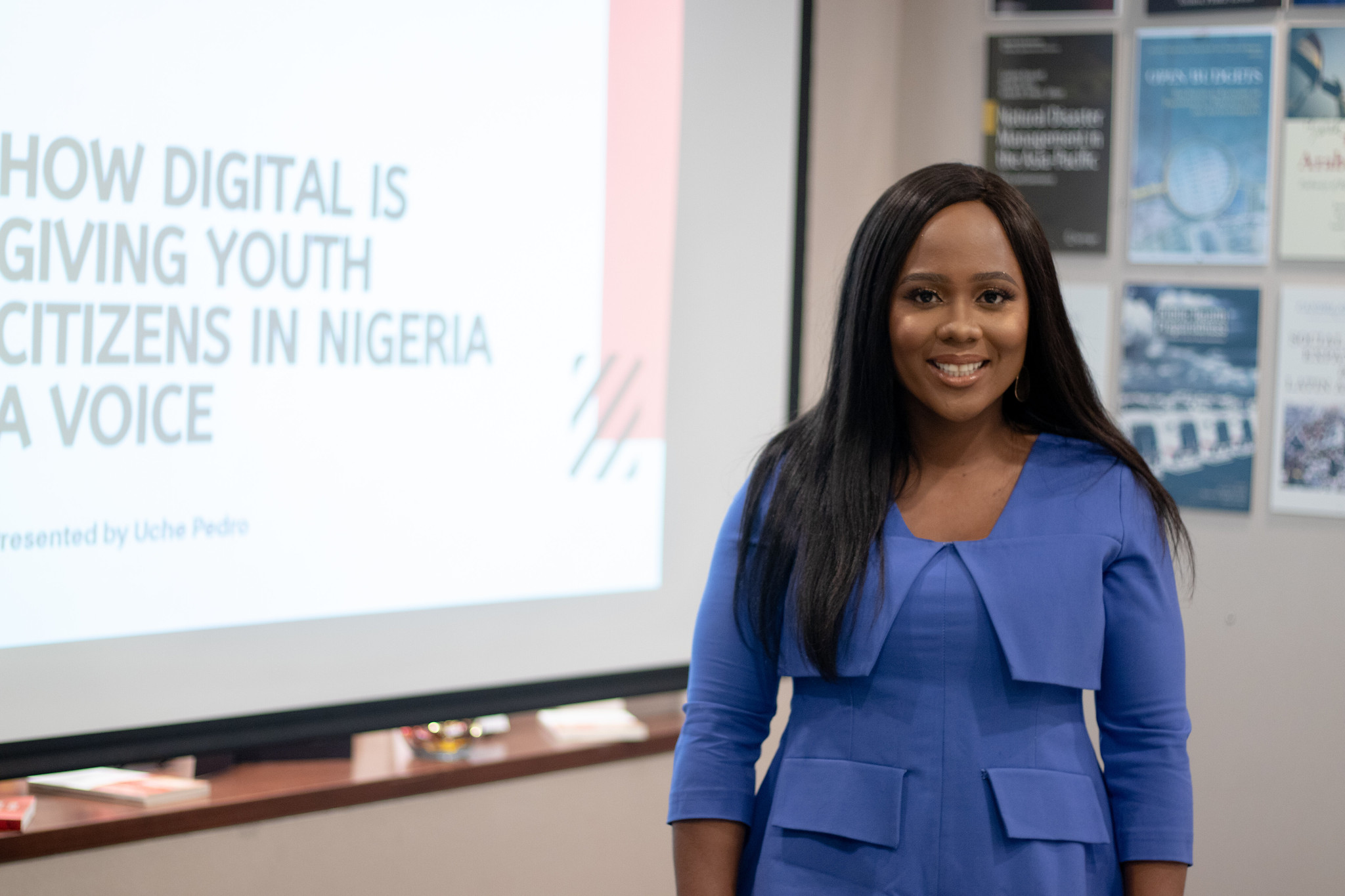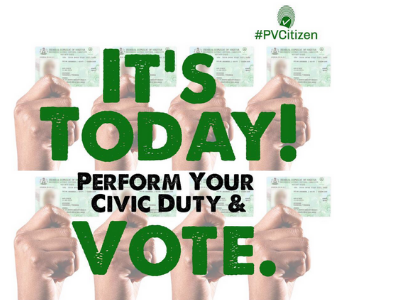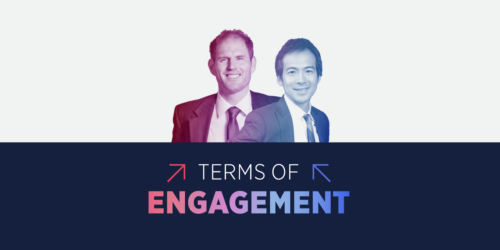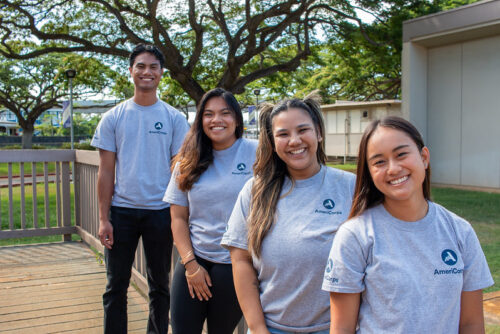In June 2006, a few days after Uche Pedro MC/MPA 2020 graduated from Western University, Ontario with a degree in business she started an anonymous blog about Nigerian pop culture.
Going to a university in Canada had opened Pedro’s eyes to how little people knew of her native country’s burgeoning entertainment scene. Posting clips from magazines and stories about music and fashion in her free time, she hoped BellaNaija, her site, could help introduce the world to a new narrative about Nigeria.
What happened next surprised her. The site’s readership began to climb, soon reaching millions of regular readers.
Three years after starting the blog, Pedro unveiled herself as the voice behind BellaNaija and quit her fulltime job at Cadbury in Nigeria. She hired a staff to help run what quickly transformed into a full-fledged media business. Today, Pedro is well known as the founder of BellaNaija, and the business is heralded as one of Africa’s leading lifestyle digital media companies.
Despite all of BellaNaija’s success, Pedro, a 2020 Ash Center Ford Foundation Mason Fellow, felt like her platform could be used for more than reporting on pop culture and entertainment, but become a site with stronger social mission. “We felt, okay, we’re doing good work, but our voice can be used to do more,” she says. About seven years ago, BellaNaija began to partner with nonprofits and advocacy organizations to amplify important issues, tackling topics from sickle cell anemia to poverty alleviation.
The confluence of popular culture and advocacy never gave Pedro pause. Though her following was built around entertainment topics, she knew that the issues BellaNaija was introducing were important to her readers and her vision for the company. The relationship between pop culture and advocacy soon became core to Pedro’s work. “One day we were having a meeting in the office and began just talking about the upcoming election and voting,” remembers Pedro. “I asked, who voted last time? And the numbers were not promising.”
The realization that a lack of information and confusion around voting were preventing her staff from participating in elections led Pedro to co-found PVCitizen, an organization to encourage millennials and Generation-Z Nigerians to register, vote, and become active citizens. 100 days out from the 2019 presidential election, PVCitizen —named after Nigeria’s permanent voter card (PVC) —began to share information about voter registration. The effort relied on media and social media space donated by BellaNaija and other media partners.
The digital campaign took off online. “The most successful in terms of likes and engagement was the content that drew on more pop culture elements,” recalls Pedro. PVCitizen helped to organize celebrities to share and amplify messages about voter registration and voting.
“Many people really feel very excluded from politics,” she adds. The celebrity outreach helped PVCitizen connect with disaffected young voters who normally wouldn’t have seen messages about voter participation but who do follow regional sports, music or film influencers.
On election day, the campaign equipped voters with checklists and prepared them for every eventuality, including long wait times. Ultimately, Pedro deemed the campaign a success in generating awareness among young voters.
After ballots were cast, Pedro still had questions about whether online views and clicks actually translated into meaningful political or social action. “Working on various advocacy campaigns over the years, I found that yes they are good, you get those views online,” she says. “Everybody’s talking about it. But for real change to happen, it is so multi-layered, especially at that policy level. I wanted to educate myself on how to do more.”
Her desire to learn more led Pedro to Harvard Kennedy School. Over the past year, Pedro has immersed herself in the HKS community. From taking David Eave’s course on digital government to participating in the Women and Public Policy Program’s From Harvard Square to the Oval Office Program, “I’ve really really loved it,” she says.
When halfway through the spring semester the COVID-19 pandemic started to spread rapidly around the globe Pedro had to quickly fly home to Nigeria. The quick transition to online coursework didn’t cause her to miss a beat with either her schoolwork or her work helping to run BellaNaija. “We have to play a role in just providing people with the best information possible right now with everything that is happening,” she says of BellaNaija’s responsibility to provide readers with accurate information regarding the virus.
Now, post-graduation, Pedro plans to continue her work with PVCitizen and wants to find new ways to use her platform to advocate for social justice issues. She hopes to leverage some of the lessons she learned at the Kennedy School to not only generate awareness for issues but affect policy change.
“Change is hard, but it is possible,” she says.





